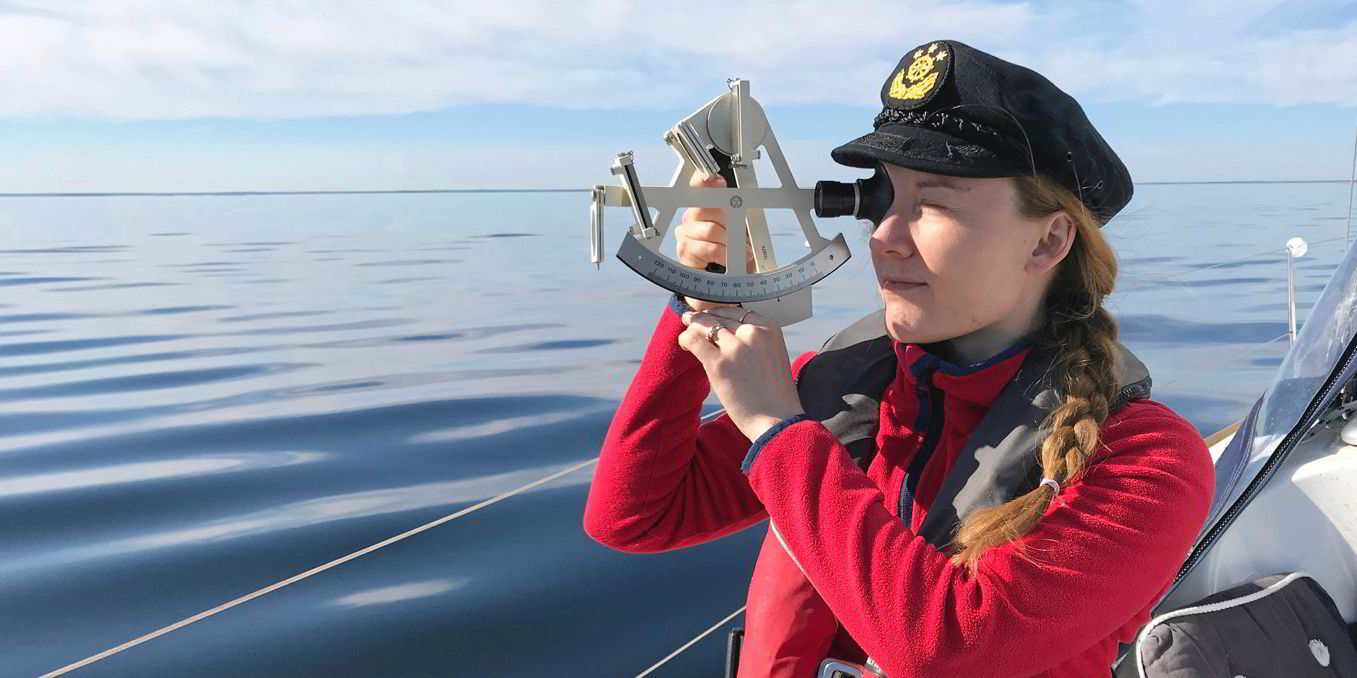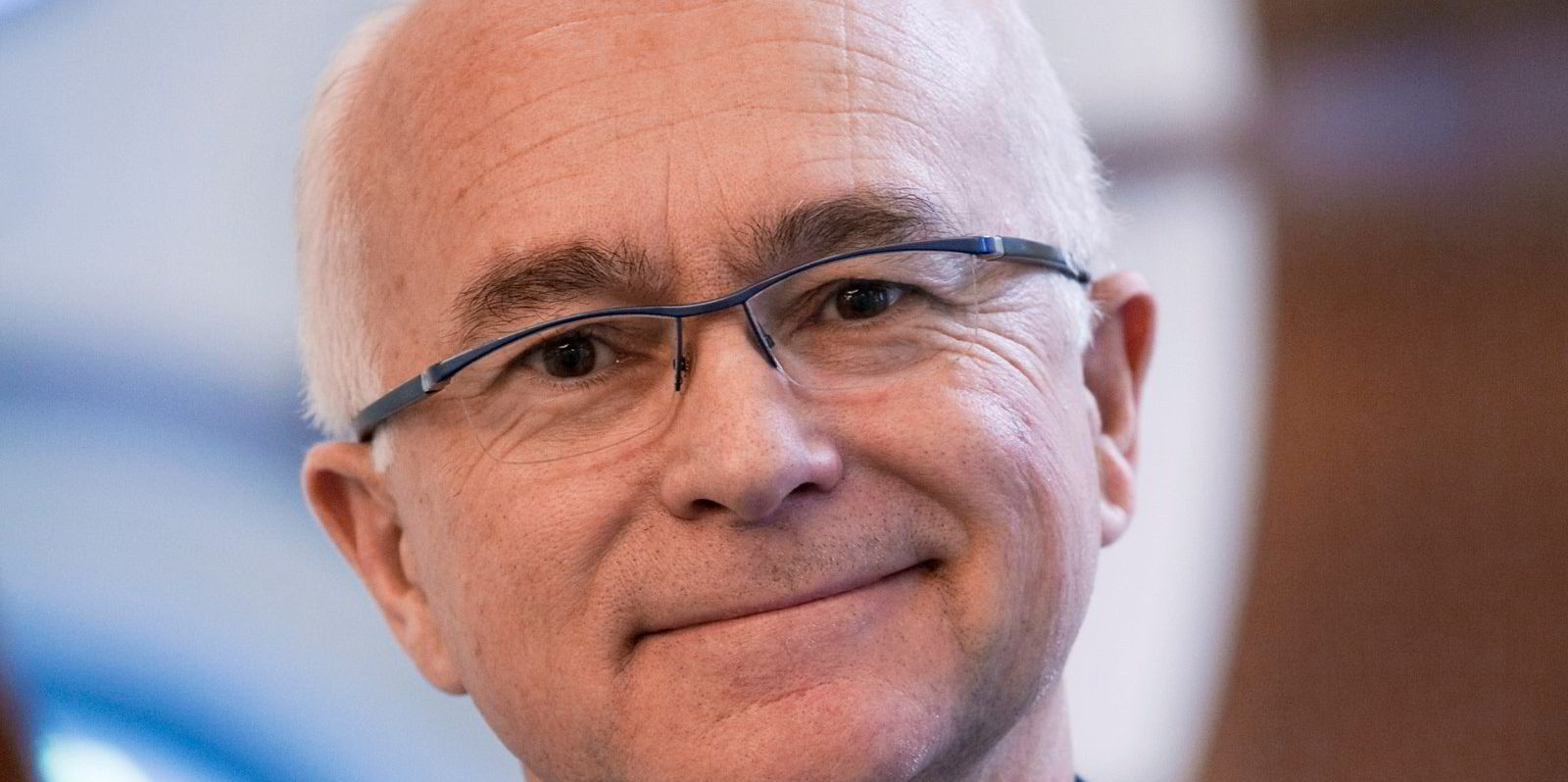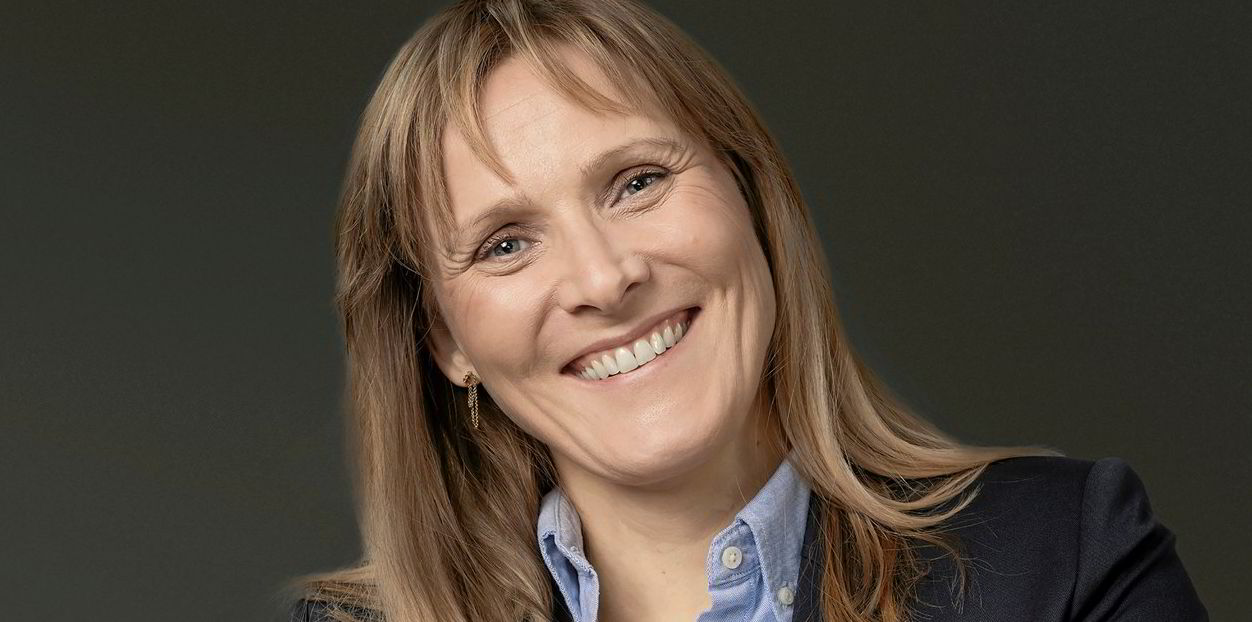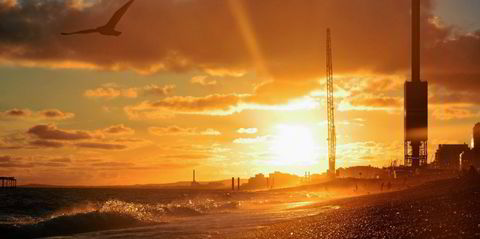Finnish ship designer Deltamarin saw the potential in hiring a young thermodynamics student in 2007, when it recognised Mia Elg could be a perfect fit for its long-term drive to improve energy efficiencies.
Nearly 15 years on, 38-year-old Elg is head of research and development at Deltamarin and the need to cut greenhouse gas emissions across the shipping industry has come to the forefront.
"I have a love for nature and the sea, and now there is a big push for environmental technologies," she said. "I feel it is very important personally to find these solutions.
"It is very motivating. It is an exciting time to be an engineer and you really need to put in all your and your team's efforts."
Elg grew up near Helsinki on the Baltic Sea coast, which instilled an early interest in the environment and passion for sailing. Her father's influence as an engineer, combined with a talent for mathematics, led her to study for an MSc in thermodynamics, product development and industrial design at Helsinki University of Technology.
"I have always liked maths, and so it was natural to study engineering," she said. "Quite frankly, my dad told such nice stories from his time studying there that I thought it must be a fun thing to do.
"I was very interested in environmental efficiency, but I then felt that thermodynamics was better because that was more fundamental."
Elg's route into the world of ship design took an initial detour. She first donned overalls and got her hands dirty working at a coal-fired power plant near Helsinki during summer breaks from her studies.

"That was also part destiny," she said. "They were taking me to parts of the power plant and saying, 'hey, when you get to be our boss you will have to know about this'. But I got carried away to the sea, so I am not sorry."
Elg had a short stint at Finnish engine-maker Wartsila before Deltamarin decided it was timely to bring in a thermodynamics specialist in waste heat utilisation and energy balance optimisation on ships.
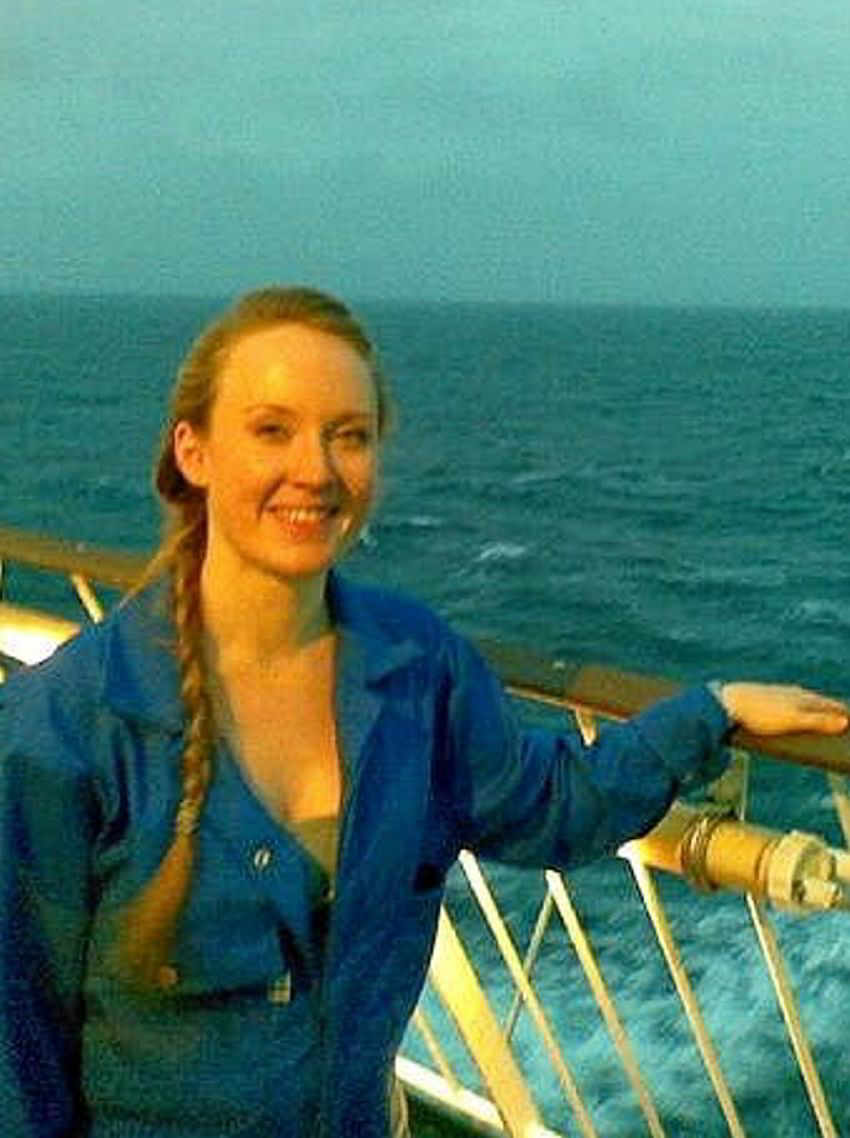
"I am very glad there was this kind of thinking in the company at the time, to see the bigger picture," she said.
Smoke signals
As emissions control regulations and financing curbs linked to environmental performance get tighter, Elg said it is essential for shipowners to keep an eye on the big picture.
"Typically, for any ship, at least 50% or considerably more of the energy consumption is going to propulsion," she said. "Of course, hull design and structure are a huge part, but the power plant efficiency and the ship's other energy consumers are a significant part of the puzzle."
Design teams need to work alongside naval architects.
"Instead of doing energy balance calculations, nowadays we do energy simulations at Deltamarin," she said.
"My own focus has been on heat utilisation efficiency analysis. The right technology and operations are required to generate savings in fuel and emissions. But how to get them on board, that's the real trick.
"It has to be modelled, early enough and simply enough, but always holistically, and always considering the operation profile.
“There are a lot in the industry that still have a lot to learn about holistic thinking that might enable sharing the risks, sharing costs, but also sharing the benefits towards future-proofing ships and decarbonising ship operations.”
She added that the 'well-to-wake' approach of measuring emissions is going to come, and she believes it will gain industry support.
Elg divides her professional time between her job at Deltamarin and roles in academia through doctoral studies and lectures at Aalto University in Helsinki and as a research scientist at the VTT Research Institute of Finland.
She is also chairperson of a Finnish language ship machinery ‘club’ that brings together industry professionals such as ship designers, shipyards and equipment makers to exchange knowledge and ideas.
"We have a big maritime cluster in Finland," she said. "Some may be competitors, but we are also friends. I like the ongoing consulting work."
Elg predicts that whatever alternative fuel emerges, it will most likely be pretty expensive.
"So now, more than ever, it is a good time to maximise the energy efficiency of ships — the operations, design and systems," she said. "That is why we are here."
Mia Elg's role as R&D manager at Deltamarin is focused on providing solutions to ensure superior cost, energy and environmental efficiency over the holistic operation profile of a ship or offshore structure.
Her areas of expertise include thermal engineering, productisation of energy and environmental services, energy balance calculation, energy flow simulation and environmental impact assessment.
Main tasks have included introducing tools and methods for considering energy efficiency and feasibility studies for adapting new energy-saving technologies in ships, such as waste heat recovery solutions, smart auxiliary systems or new machinery types such as fuel cells.
